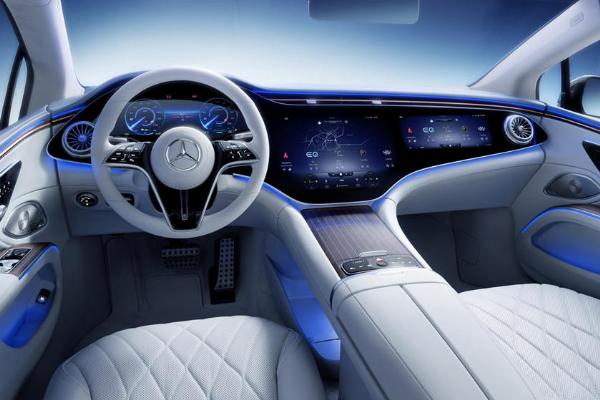News
Mercedes-Benz Developing In-House Operating System For Their Cars
-
News1 week ago
Official Car Of Inspector-General of Police, IGP Egbetokun – Toyota Land Cruiser 300 Series II SUV
-
Celebrities Auto1 week ago
Odumodublvck Calls Out Headies Over Unfulfilled Car Prize Gift, 3 Months After Emerging ‘Next Rated’ Winner
-
News1 week ago
While Putin’s Bodyguards Carries ‘Poop Suitcase’, North Korean President Uses Mercedes With Toilet During Foreign Trips
-
News1 week ago
A “Hardcore” Bentley Continental GT Without A Hybrid Could Be Made
-
Concept Cars4 days ago
Audi Unveils Concept C, An Electric 2-door Sports Car That Previews Upcoming Future Production Model
-
Car Facts4 days ago
Does A Car’s Start-Stop Mechanism Save Fuel Or Add To The Load On Drivers?
-
News1 week ago
Audi Is Thinking About Setting A New Sales Goal Of 2 Million Cars Annually
-
Latest Cars3 days ago
All-new Electric Mercedes-Benz GLC Arrives With A New Grille, 713-km Of Range
